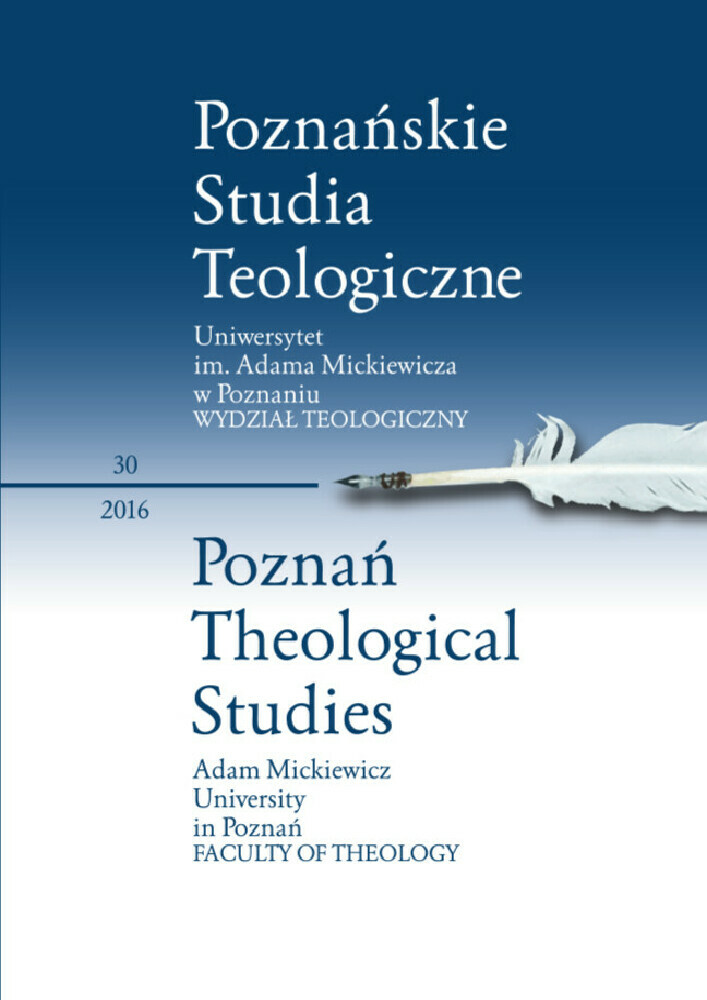Abstrakt
The article analyses Thomas More’s firm attitude defending his conscience, which did not allow him to swear an oath. The basis for reflection is his prison correspondence, especially with her daughter Margaret. He remained faithful to his conscience because he refused to submit the required signatures and was beheaded, but gained eternal salvation. He studied for a long time, meditated and prayed to make the right decision. The closest urged him to change his decision, but he refused. He was not affected by accusations, slander, threats or flattery. He did not swear an oath and did not explain anything. He preserved freedom of conscience and responsibility for his own decisions. He did not judge anyone else. All the time he showed respect and loyalty to the king and constantly assured of his prayers in king’s intentions. Despite the weakness and fear of death, he put everything into God's hands. He was a prisoner of conscience and gave his live in the name of fidelity to the Church and the Holy See.Bibliografia
Ackroyd P., The Life of Thomas More, New York 1999.
Cummings B., Conscience and the law in Thomas More, „Renaissance Studies” 23(2009), s. 463-485.
Harpsfield N., The Life and Death of Sir Thomas More, London 1931.
Logan G., The Cambridge Companion to Thomas More, Cambridge 2011.
Marius R., Thomas More, Harvard 1999.
Monti J., The King's Good Servant But God's First, San Francisco 1997.
More T., Pisma więzienne, tłum. W. Giertych, Poznań 1985.
Sargent D., Thomas More, Montana 2003.
Smith S., Interrogating Thomas More: The Conundrums of Conscience, „University of St. Thomas Law Journal” 1(2003), s. 592-613.
The Act of Supremacy, 1534, w: Documents of the English Reformation, ed. G. Bray, Cambridge 2004, s. 113-114.
The First Act of Succession (1534), w: Select Documents of English Constitutional History, eds. G. Adams, H. Stephens, New York 1914, s. 235-238.
The Last Letters of Thomas More, ed. A. de Silva, Michigan 2001.
Wegemer G., Thomas More: A Portrait of Courage, New York 1997.
Wood J., Sir Thomas More: A Man for One Season, w: The Broken Estate: Essays on Literature and Belief, New York 2000, s. 24-27.
Licencja
Copyright
© 2016 Uniwersytet im. Adama Mickiewicza w Poznaniu, Wydawnictwo Naukowe UAM, Poznań
OPEN ACCESS
